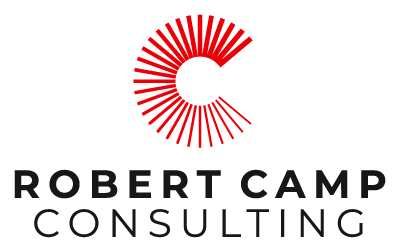With five generations now working in many organisations, each with very different ideas on what they want from their working life there, is a challenge and an opportunity for employers.
The biggest change I’ve noticed in recent years has been the upward pressure from new generations who want to work for an organisation with a purpose that fits their personal values.
Business models like employee ownership and B Corps are a very visible manifestation of an organisation’s values and purpose. There is no doubt that there is a war on talent, with professional services firms battling it out to attract the best recruits. For Stephens Scown, changing the business model and becoming employee owned has given the firm a competitive advantage.
Employee ownership makes Stephens Scown’s culture very visible and candidates who share its values are more likely to apply, which means a greater return on recruitment costs. Before becoming employee owned, the firm would interview 10 candidates and know straight away that three or four were not a good fit. Now out of 10 interviewees they often find that 8 or 9 of them fit well with the culture.
Getting the right new recruits is not enough. It is also crucial to engage them and by allowing them to make a difference and contribute from day one.
In the past, you would expect to allow a new member of staff time to settle in and slowly build up their workload. A real difference I’ve noticed with the new generation is that they want to get stuck in straight away and they need to know they are making a difference.
A challenge for professional services firms is to harness that enthusiasm.
Technology has a part to play. For example, ideas sharing platforms which use AI and machine learning to automate the process. Ideas can be posted by anyone in an organisation. Colleagues can then indicate which ideas they support. The ideas that meet a certain threshold of support then move forward to the next stage to be discussed by the Board. It gives the whole process an immediacy and transparency.
Despite the challenges of the modern workplace, there are opportunities.
Professional service firms will need to adapt to the modern workplace to get the most out of it. By demonstrating your firm’s values and purpose and finding ways to engage the new generation through new technology, there are definitely opportunities to gain a competitive advantage.

